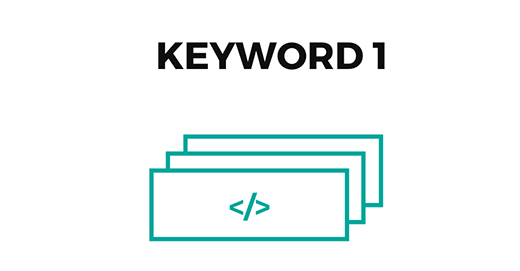It is an obvious fact that small businesses do not have the financial resources of large national and international companies and that means that their marketing budgets are going to be much smaller too. This might suggest that the chances of smaller businesses being able to compete on Google for search traffic are slim, but thanks to SEO, that is not the case.
The first fact we need to outline is that when it comes to Google’s ranking algorithms it does not know how big a company is, how much profit it makes or how big its marketing budget is. When crawling that company’s website and analysing everything else that contributes to ranking the currency isn’t cents and dollars, it is links and optimisation.













